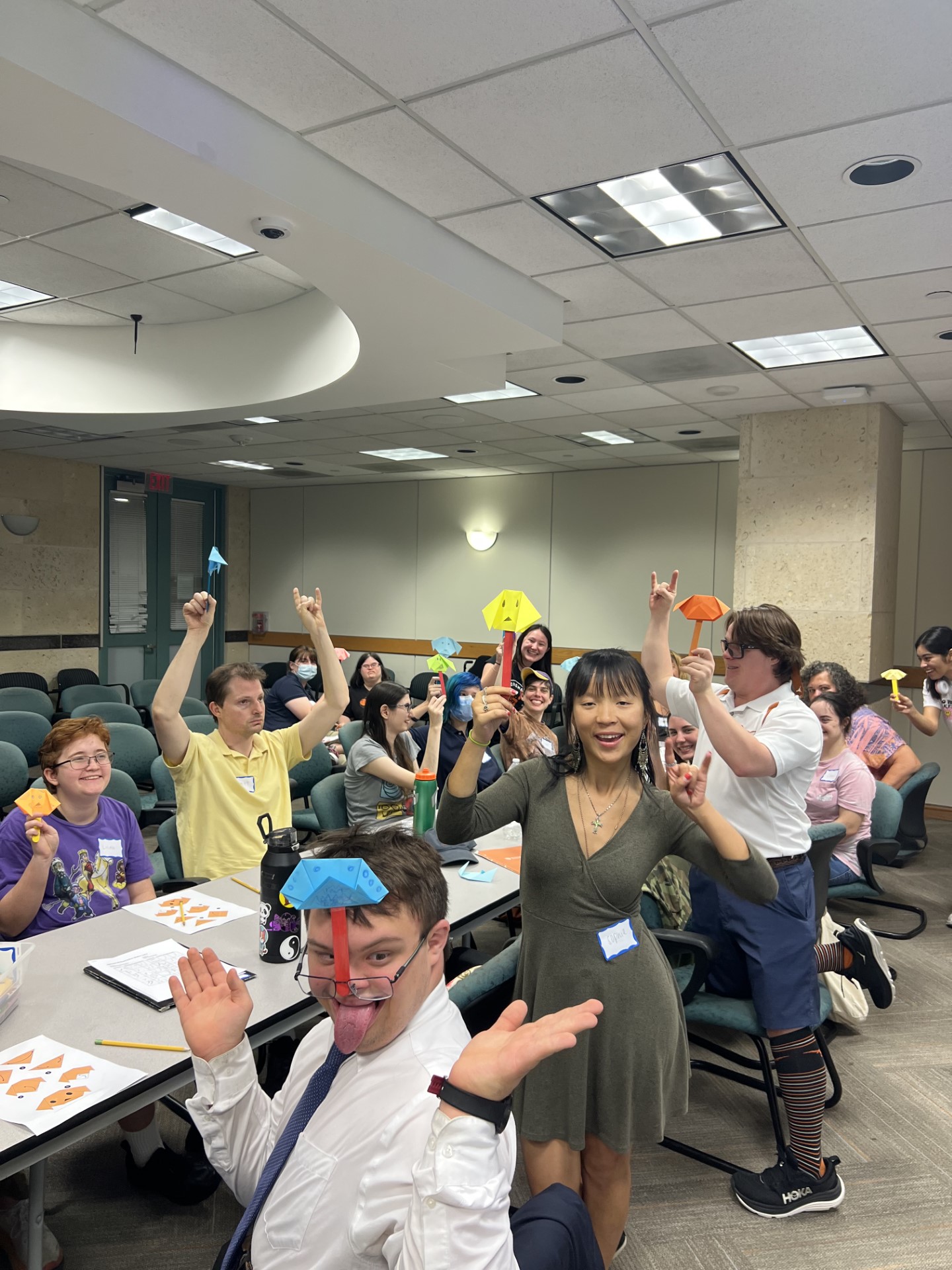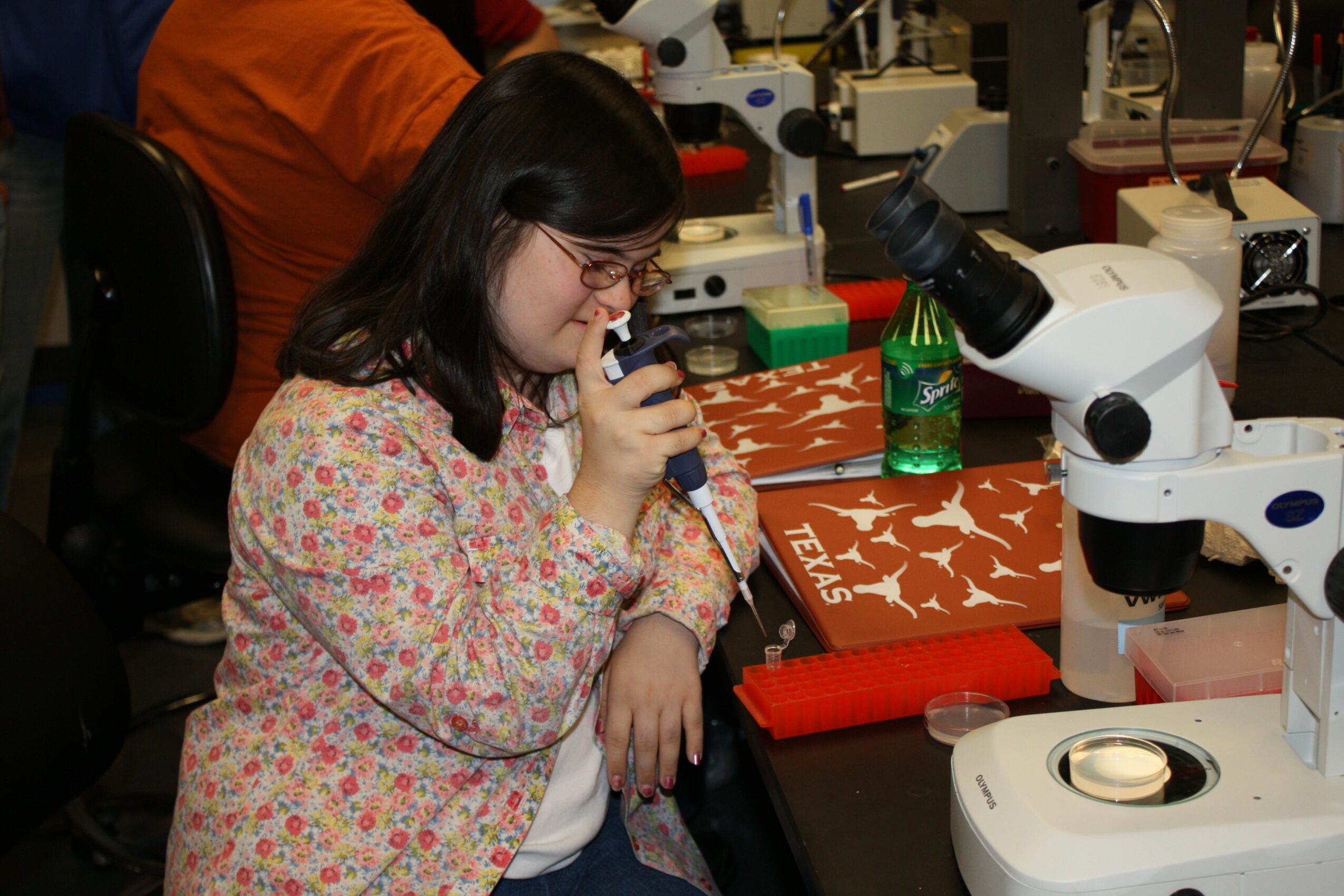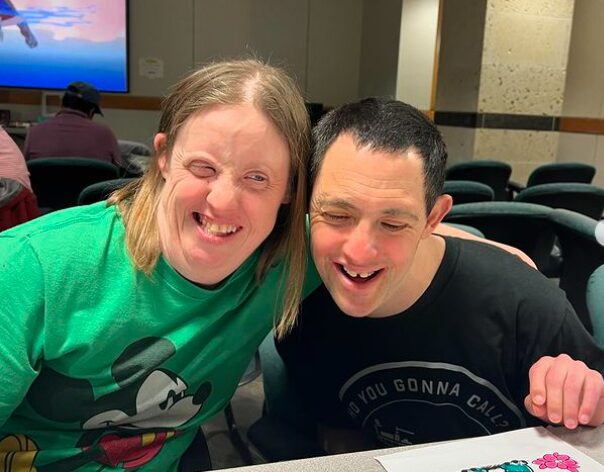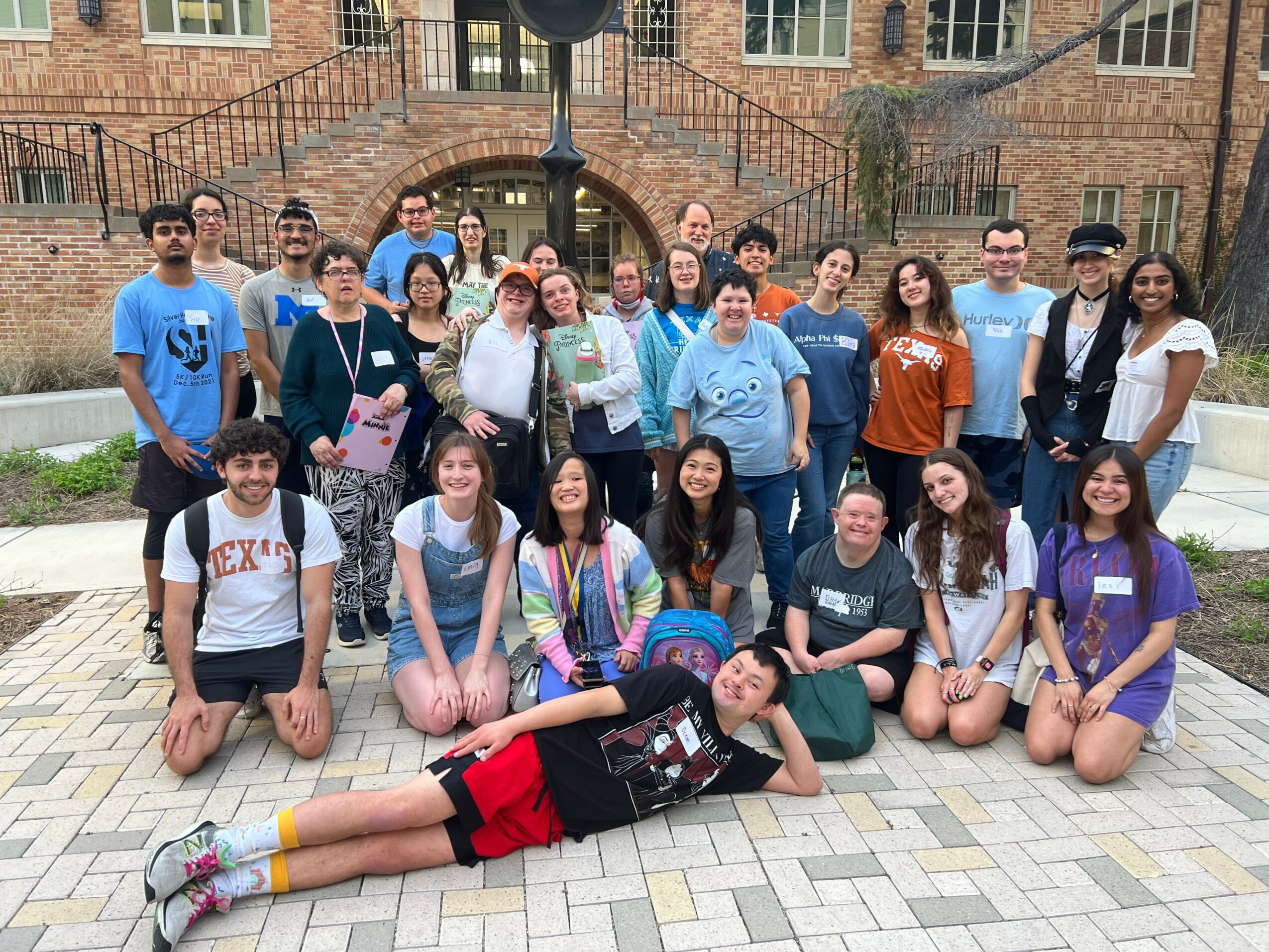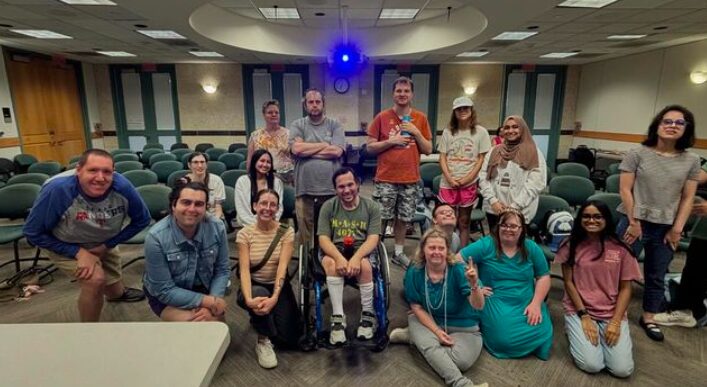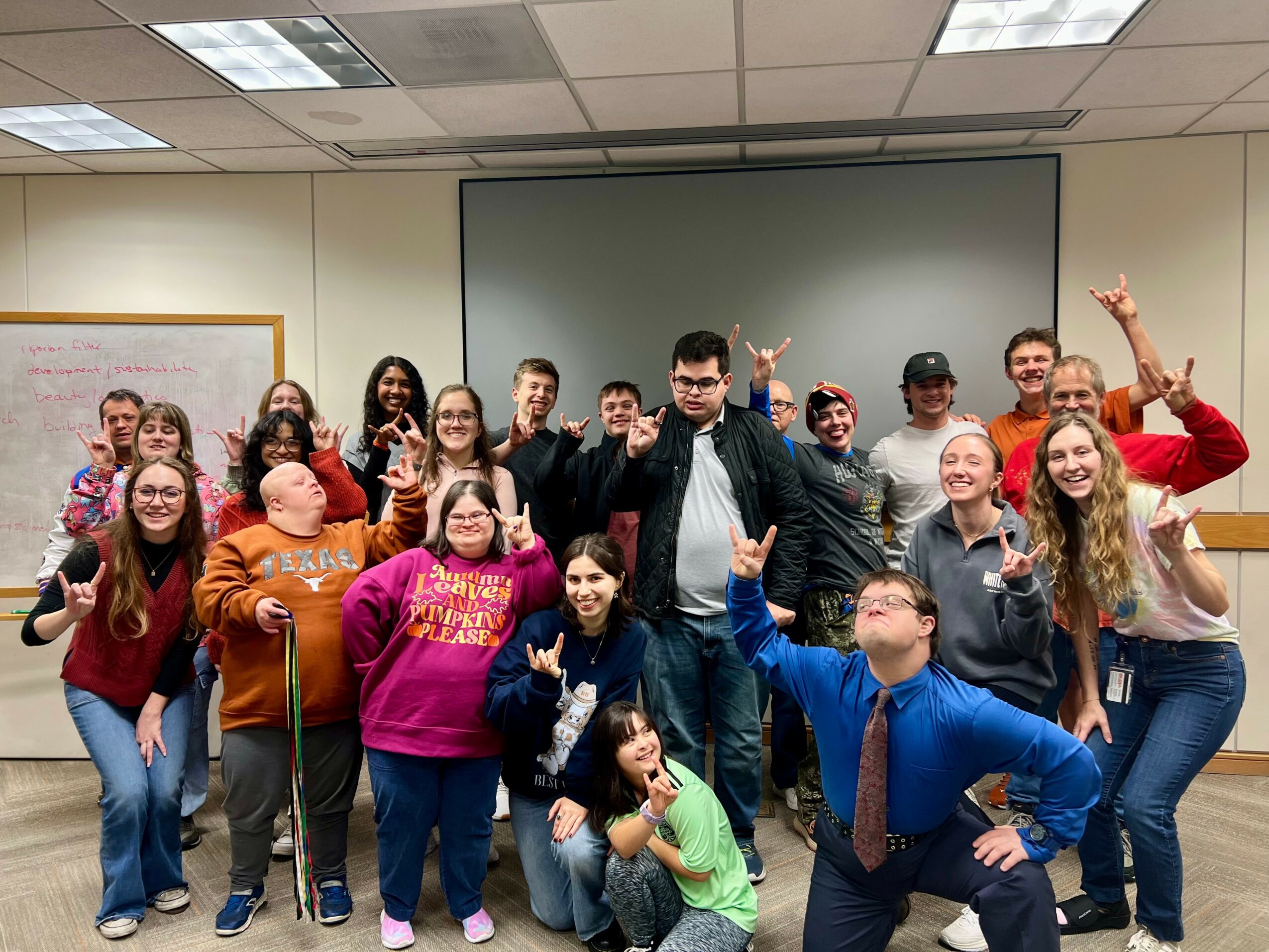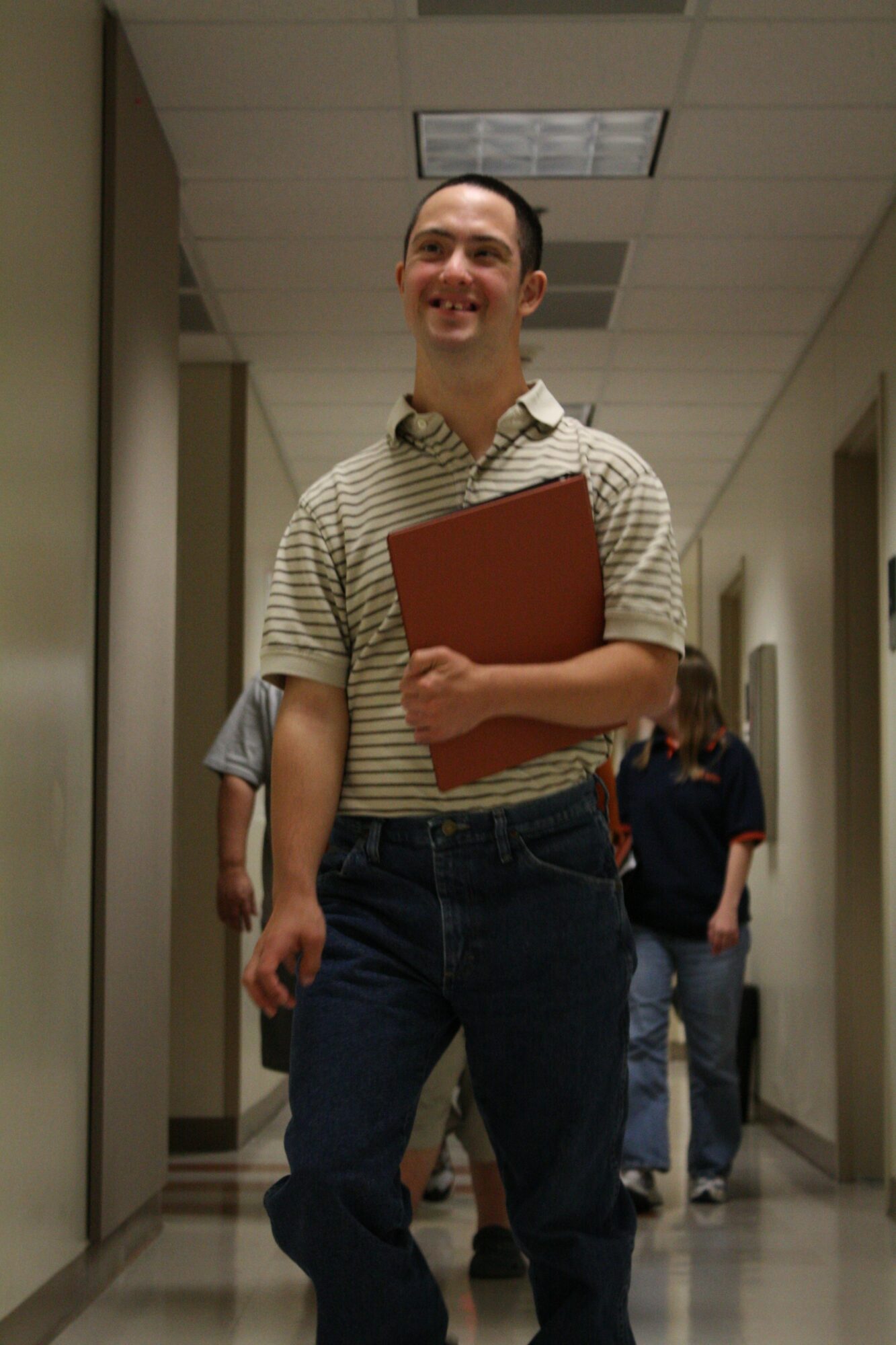

Today we’d like to introduce you to Kaelin Nguyen Rubenzer.
Hi Kaelin Nguyen, so excited to have you on the platform. So before we get into questions about your work-life, maybe you can bring our readers up to speed on your story and how you got to where you are today?
My earliest experience with disability was within my own family—both my dad and older brother, Zack, are on the autism spectrum. Growing up in a neurodiverse household gave me a unique perspective on both the strengths and challenges of disability. I saw firsthand their extraordinary, intense interests, but I also witnessed the difficulties they faced in finding social belonging and opportunities to pursue their passions.
My first professional experience working with people with disabilities came in high school, where I volunteered in the Life Skills program. I felt a deep connection with my peers in the program, but I was troubled by the systemic barriers they faced—limited educational opportunities, disengaged teachers, and, at times, unethical treatment. After graduating, I knew I wanted to contribute meaningfully to the disability field—not only for my friends in the Life Skills program but also for my own family members.
At UT Austin, I began my undergraduate studies in neuroscience, initially aspiring to enter the medical and research fields. I worked in various neuroscience labs, contributing to projects focused on neurodevelopmental conditions. I studied brain tissue from mice modeling Fragile X syndrome and investigated social behavior differences caused by autism-related gene mutations in C. elegans, a tiny roundworm. Alongside my research, I started volunteering with a small educational outreach program—then known as UT Informal Classes for Adults with IDDs. In the evenings, I attended classes with adults with IDDs, exploring engaging academic topics like Chinese culture, stop-motion animation, and the history of folk music. When the pandemic hit, I stepped up as executive director to transform this program into a formal nonprofit.
We all face challenges, but looking back would you describe it as a relatively smooth road?
Definitely not! When I first entered UT, I was set on becoming a physician and researcher, and it took me a while to accept that it wasn’t the right path for me. After graduating during the pandemic, I took a few gap years to prepare for medical school applications but found myself increasingly disenchanted with my day-to-day experiences in science and medical settings. At the same time, I became more and more involved with Lifelong Learning with Friends (LLwF), which filled my original desire to support people with disabilities—the very reason I had wanted to become a doctor in the first place. The role was practically staring me in the face before I finally acknowledged that this was where I was truly meant to be. The first year was difficult—I had to step into an entirely new role, and my background wasn’t in philanthropy or special education. I had to learn everything on the fly while navigating significant challenges, but once we found stability, I hit my stride.
Thanks – so what else should our readers know about Lifelong Learning with Friends?
Unlike most Inclusive Postsecondary Education (IPSE) programs—which often have rigid vocational tracks, high tuition, or competitive admissions—LLwF is open to all ability levels, ages, and financial backgrounds, ensuring that lifelong learning remains truly accessible to everyone.
What I love most about our program is its academic diversity. We tap into UT’s greatest resource—its academic talent—and work with university students and faculty to create sophisticated yet accessible content. Our courses cover the kinds of engaging, in-depth topics you and I would want to take, but that are typically inaccessible to the IDD population. Past topics have included forensic science, stop-motion animation production, and The Expert’s Guide to Chocolate.
Students with IDDs are both challenged and engaged in an educational environment that welcomes and supports them in their own journey of higher education. Today, LLwF serves over 300 adults with IDDs annually, with more than 400 UT volunteers learning alongside them—not as aides, but as equal peers.
In terms of your work and the industry, what are some of the changes you are expecting to see over the next five to ten years?
I want to see IPSE programs expand their vision of what a meaningful and accessible college experience can look like for adults with IDDs. Many programs focus primarily on vocational training, but I hope to see more institutions recruit professors and high-quality educators to offer a broader range of academic subjects—not just job-related skills.
I also hope to see greater support for students with higher needs, who are often excluded from premier higher education programs due to insufficient resources. While it’s understandable that IPSE programs want to set their students up for success, the reality is that the majority of adults with disabilities are not currently able to participate in the existing system. I want to see that change.
Pricing:
- Since our inception, our six-week courses have remained affordable at just $125 per course—about $20 for each two-hour class. For those experiencing significant financial need, we offer financial aid through a simple application process to ensure that cost is never a barrier to learning.
Contact Info:
- Website: https://www.lifelonglearningwithfriends.org/
- Instagram: https://www.instagram.com/lifelonglearningwithfriends/
- Facebook: https://www.facebook.com/LifelongLearningwithFriends
